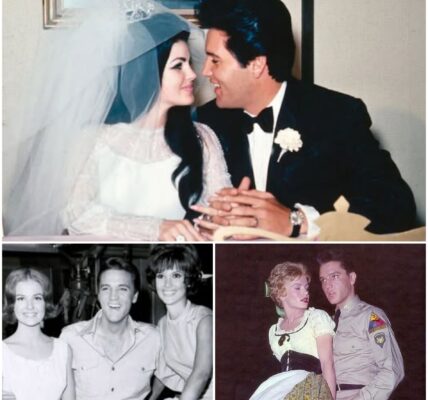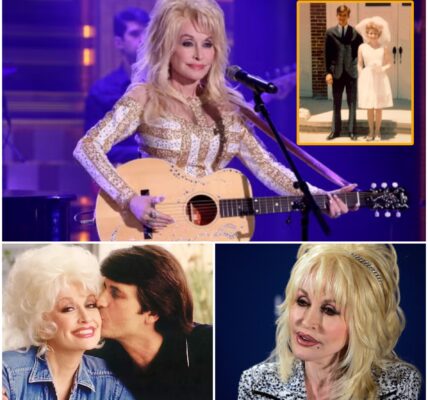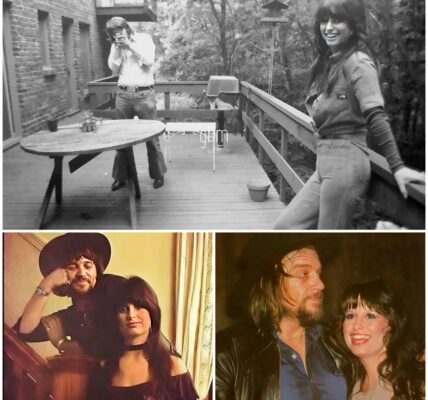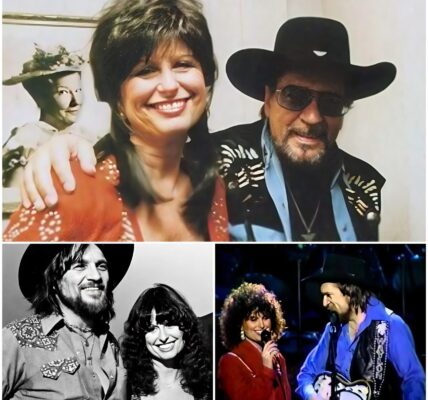Brian May Looks Back on Queen’s Live Aid Triumph: Freddie’s Finest Hour
On July 13, 1985, Queen stepped onto the stage at Wembley Stadium and into history. Their 20-minute set at Live Aid is now widely hailed as one of the greatest live performances of all time, captivating not only the 100,000 fans inside Wembley but also an estimated 1.9 billion viewers around the world.
For guitarist Brian May, the memories of that day remain as vivid as the music itself. Over the years, he has spoken about the adrenaline, chaos, and joy that defined the moment when Queen transformed a charity concert into a rock and roll legend.
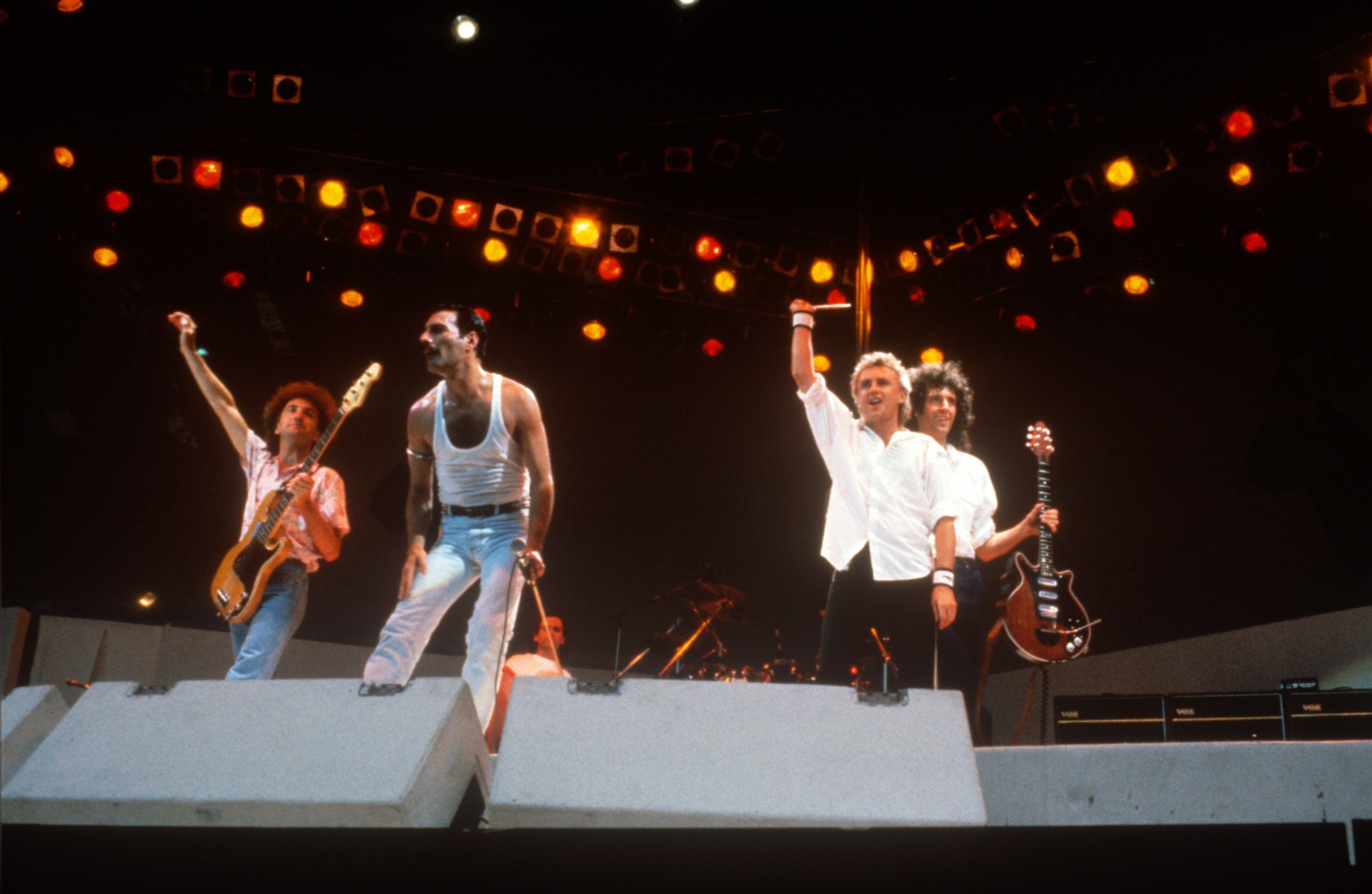
“Play the Hits”
In a 2017 interview with MOJO, May recalled the blunt instructions given by Live Aid co-creator Bob Geldof: “This is a global jukebox. Don’t get clever. Play the hits.” Queen listened. They crammed six of their biggest songs into a tight, high-impact set that opened with an abridged “Bohemian Rhapsody” and closed with the anthems “We Will Rock You” and “We Are the Champions.” The goal wasn’t to showcase artistry or experiment — it was to unite a global audience in pure musical celebration.
Chaos Behind the Scenes
Speaking to Total Guitar in 2023, May described Live Aid as “kind of the Wild West” — a relentless rotation of acts with little time for preparation. There were nerves, rushed equipment changes, and the knowledge that this was an unprecedented global broadcast. Yet amid the stress, May said there was a “joy and excitement that overrode everything.”
A Royal Audience

May also remembers arriving at Wembley by helicopter and watching Status Quo open the show from the royal box, shoulder to shoulder with Prince Charles and Princess Diana. He later noted that Diana’s presence helped make the event feel like rock music had been embraced by the establishment: “She made it okay for royalty.”
The Moment of Truth
Despite the chaos, when Queen’s turn came, adrenaline took over. “The moment when we were going on was a mixture of excitement and terror,” May recalled. “It wasn’t just a rock concert. Everyone was there for Bob and for that cause — those starving people.”
And then came Freddie Mercury. May calls Live Aid Freddie’s “finest hour.” With unmatched charisma, Freddie commanded the vast Wembley crowd, turning it into a choir. The synchronized clapping during “Radio Ga Ga” and the booming sing-along of “We Are the Champions” sent chills through May and his bandmates. “Freddie rose to the occasion,” he said.

Imperfect but Unforgettable
By May’s own admission, Queen’s set was far from flawless. The rushed nature of the day led to “tense moments” and some ragged playing. But none of that mattered. The electricity of the performance, powered by Freddie’s connection with the crowd, transcended technical imperfections.
Playing for the Cause
May insists Queen didn’t step onstage to outshine anyone. “We didn’t go there to do that,” he said. “We went there to do our bit. I think the whole thing was very pure and genuine. Nobody was trying to capitalize on it.”
A Legacy That Endures

Nearly four decades later, Queen’s Live Aid performance still stands as a cultural milestone — proof of music’s ability to unite people across nations and generations. For Brian May, it was a moment of terror, triumph, and timeless magic. For the world, it remains the day Freddie Mercury and Queen conquered not just Wembley Stadium, but the globe.

